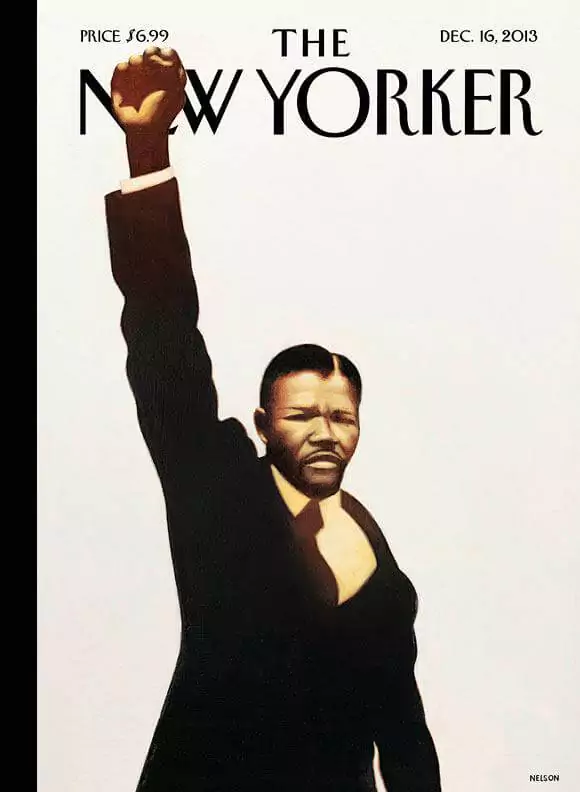Σύμφωνα με αυτό το γράφημα του Economist το οικονομικό χάσμα ανάμεσα στους λευκούς και τους μαύρους στη Νότια Αφρική μετά την πτώση του καθεστώτος το 1994 αυξήθηκε,
παρ' όλο που η πλειοψηφία των μαύρων γηγενών τότε απέκτησε πολιτικά
δικαιώματα. Το γράφημα δείχνει το κατά κεφαλήν εισόδημα των διαφόρων
φυλών που κατοικούν στη χώρα κατά τα 95 χρόνια της ζωής του Νέλσον
Μαντέλα.
#
#
South African inequality over the lifetime of Nelson Mandela
ROLIHLAHLA MANDELA (later Madiba to his countrymen, Nelson to the wider world) was born into a British-ruled South Africa in 1918. The Natives Land Act—passed just five years previously—was already enforcing mass segregation. By the time Mandela reached the age of 30, government laws were becoming even more oppressive and the Apartheid system was introduced. Prospects for black citizens were deteriorating, with average income increasingly dwarfed by the wages of ethnic whites.
At the point of Mr Mandela's arrest in 1962, the wage gap had yawned wider still, continuing along the same trend throughout the majority of his years behind bars. Against immense international opposition and the pressures of sanctions, black nationals remained suppressed beneath Apartheid rule, despite constituting an increasingly larger proportion of the populous. Towards the end of Mandela's incarceration—through to the abolition of Apartheid—fortunes did reverse slightly, but by now the disparity had grown so large that it barely made a dent. Income growth improved substantially for all South Africans after his 1994 election victory, but sufficiently more so for whites, and the balance has been disproportionately weighted in their favour—and increasingly that of Asian South Africans—since he stepped down in 1999.
Under its own majority rule, the lot of the ever-growing black population—today forming over three-quarters of the national total—has been notably poor. Misguided governance, low-quality education, skills shortages and massive unemployment levels of around 40% have left it more disadvantaged today than when Nelson Mandela was still behind bars. Black income has virtually flat-lined, betraying tremendous gulfs between the wealth of the different racial groups. Sadly, the nation Mandela leaves behind today remains one of the most unequal in the world.
#
#
#Πηγή:
Ποιοι Ωφελήθηκαν Περισσότερο Στη Νότια Αφρική Μετά Το Τέλος Του Απάρτχαϊντ;
South African inequality over the lifetime of Nelson Mandela
http://www.economist.com/node/21580215?fsrc=scn/fb/wl/dc/mdla/longerwalkequality
by P.K.
Το κείμενο αυτό γράφτηκε από το Θοδωρή Γεωργακόπουλο. Μπορείς να το διαβάσεις ολόκληρο εδώ: http://www.georgakopoulos.org/2013/12/apartheid-economy/#ixzz2muGqikpV
Follow us: @tgeorgakopoulos on Twitter
http://www.economist.com/node/21580215?fsrc=scn/fb/wl/dc/mdla/longerwalkequality
by P.K.
Το κείμενο αυτό γράφτηκε από το Θοδωρή Γεωργακόπουλο. Μπορείς να το διαβάσεις ολόκληρο εδώ: http://www.georgakopoulos.org/2013/12/apartheid-economy/#ixzz2muGqikpV
Follow us: @tgeorgakopoulos on Twitter
07 Δεκεμβρίου 2013


Δεν υπάρχουν σχόλια:
Δημοσίευση σχολίου